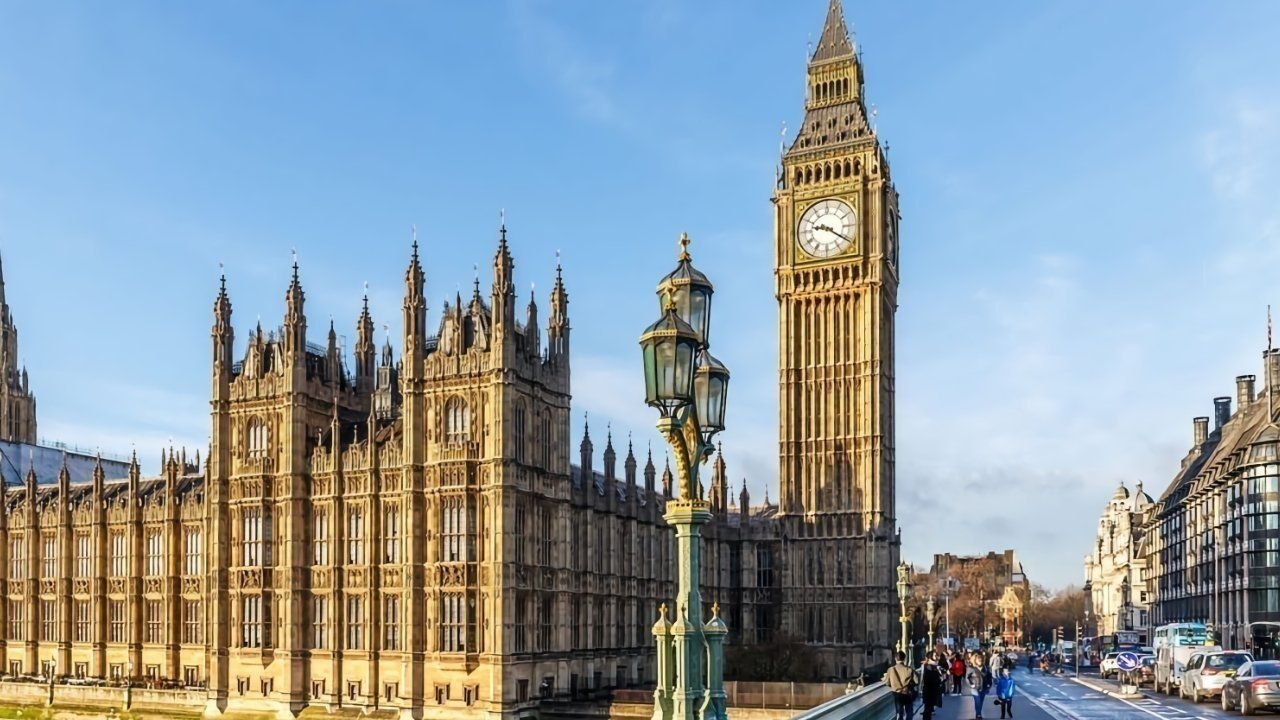Apple has denounced the UK's Online Safety Bill's kneecapping of end-to-end encryption as a "serious threat" to citizens, and is trying to make the UK government think twice about the changes.
The Online Safety Bill is being considered by the UK parliament as a potential law that could force online messaging services that use encryption to scan for potential images of child abuse. As part of a wider criticism of the bill's intentions, Apple has publicly objected to the law's implementation.
The bill reasons that law enforcement is not capable of identifying child sexual abuse material being shared across online messaging services like iMessage, due to the implementation of end-to-end encryption. Therefore, the law would empower regulator Ofcom to order such platforms to scan the contents of messages.
However, to accomplish that, there has to be a weakening of end-to-end encryption itself, making it less secure and eliminating the whole point of using the technique for privacy in the first place.
"End-to-end encryption is a critical capability that protects the privacy of journalists, human rights activists, and diplomats," an Apple statement received by the BBC on Tuesday reads. "It also helps everyday citizens defend themselves from surveillance, identity theft, fraud, and data breaches."
The statement continues "The Online Safety Bill poses a serious threat to this protection, and could put UK citizens at greater risk. Apple urges the government to amend the bill to protect strong end-to-end encryption for the benefit of all."
Apple's statement occurs at the same time as the Open Rights Group sends an open letter to minister Chloe Smith, the Secretary of State for Science, Innovation, and Technology.
Signed by over 80 civil society organizations and academics, the group believes "The UK could become the first liberal democracy to require the routine scanning of people's private chat messages, including chats that are secured by end-to-end encryption" if the bill becomes law.
"As over 40 million UK citizens and 2 billion people worldwide rely on these services, this poses a significant risk to the security of digital communication services not only in the UK, but also internationally," the letter warns.
Apple's statement against the Online Safety Bill means it joins other messaging services who are against the bill. The Meta-owned WhatsApp told the BBC it refuses to weaken its encrypted systems, while Signal said in February that it would "walk" from the UK if ordered to do the scanning.
While Apple is against the bill, it has previously attempted to perform actions that would be somewhat in the ballpark of what the bill would require it to do. Its 2021 attempt to introduce on-device scanning of images as a child protection measure was praised by the UK government, but was ultimately killed off by Apple in December 2022.
 Malcolm Owen
Malcolm Owen







-m.jpg)






 Brian Patterson
Brian Patterson
 Charles Martin
Charles Martin



 William Gallagher
William Gallagher
 Christine McKee
Christine McKee
 Marko Zivkovic
Marko Zivkovic









21 Comments
I'm a bit confused as to why Apple would be so against this when they already have a ready-to-go service (that they voluntarily developed themselves) that would scan for such images while keeping end-to-end encryption intact.
Those that pretend not to understand are the ones that wish to do great harm to society.
Society is not easy and Governments should not be allowed to infringe upon any citizens or even a non-citizen's, right to privacy.
SO GLAD we left UK in 1648.
!!! NOBODY !!! SHOULD HAVE ALL THE KEYS TO ALL THE CASTLES !!!! - nobody.
Absolute power brings absolute corruption!